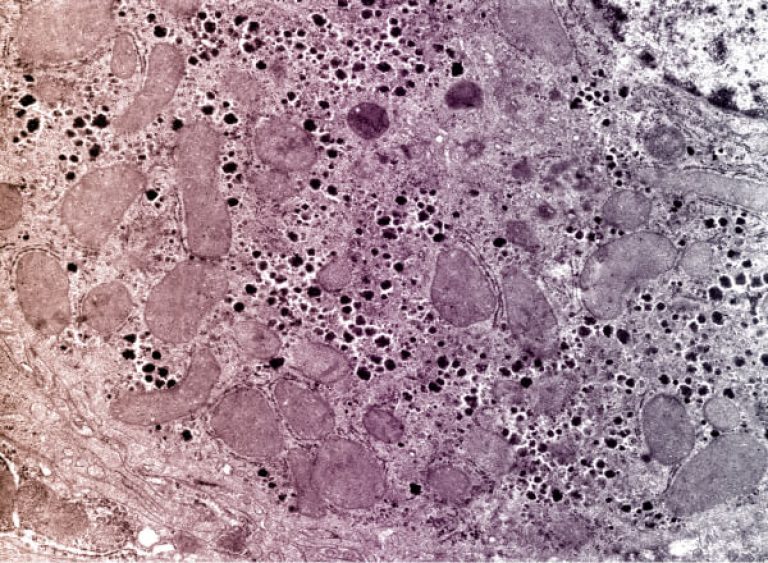Club cell secretory protein (CC16) is a homodimeric pneumoprotein that is mainly produced by nonciliated bronchial epithelial cells1,2 and is found both in the airways and in the circulation. The biological functions of CC16 have not been conclusively determined, but in vitro, ex vivo, and animal studies indicate anti-inflammatory, immunomodulatory, and antitoxicant properties of this molecule in the lungs.1,2
Clinical studies have reported decreased circulating levels of CC16 in asthma.3 In a population-based study,4 although serum CC16 levels were not associated with asthma per se, they correlated positively with lung function in patients with asthma, suggesting that CC16 deficits may be related to disease severity. This scenario is in line with the relation of low circulating CC16 levels to prevalence and progression of chronic obstructive pulmonary disease.5
Whether deficits of circulating CC16 in patients with asthma reflect similar deficits of this protein in the airways remains controversial because of inconsistent results from previous studies.6,7 One study reported lower CC16 levels in bronchoalveolar lavage (BAL) fluid from 24 patients with asthma compared with 24 controls.6 In contrast, another study found both patients with difficult-to-treat (refractory) asthma and patients with mild-to-moderate asthma to have higher CC16 levels in induced sputum than controls.7 When BAL samples were analyzed, subjects with refractory asthma had higher CC16 levels than did those with mild-to-moderate asthma.



